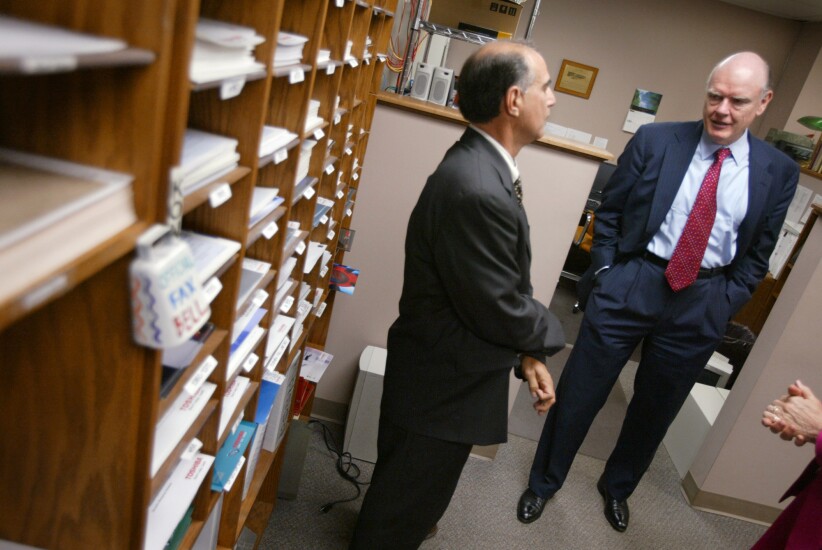Mercer recommends DC plan sponsors focus on the following 11 areas in 2017.
11 top priorities for DC plan sponsors in 2017
January 3, 2017 10:23 PM












By becoming more involved in the benefits-building process, organizations can lower costs and promote quality care.

Understanding the unique needs of each age group can help employers create the most impactful offerings.
According to Paytient, one in six Americans noticed work suffered due to a health issue they couldn't afford to treat.
If the dismissals apply companywide, they would amount to more than 14,000 employees.
It is not just a matter of fairness, but also a strategic move toward fostering a culture that recognizes and supports diverse needs.

A new survey reveals how employers can foster work environments young professionals find fulfilling.